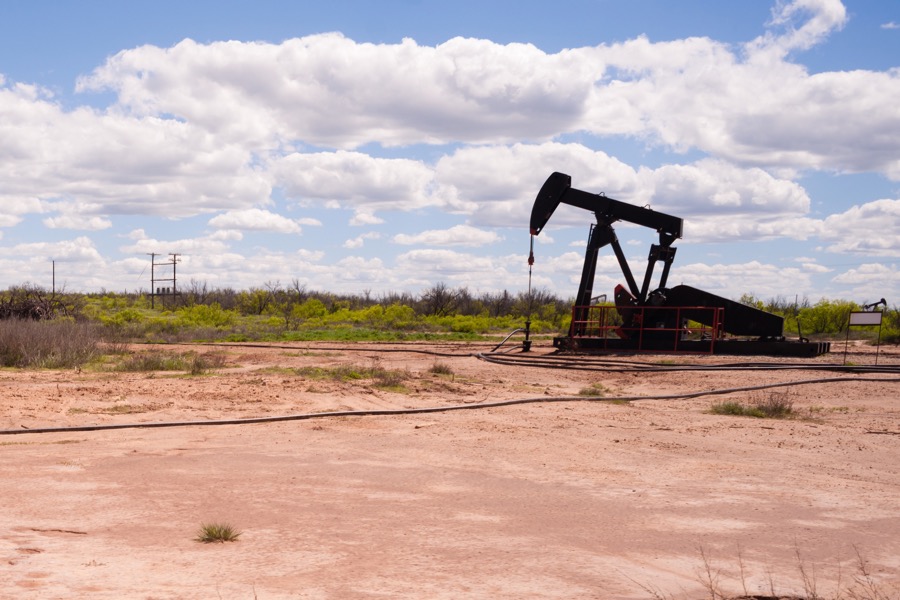Spelling aside, the fracking boom has had a huge impact on the oil and gas industry these past few years. Now, we’re starting to see news releases to indicate that the techniques and technology is spreading globally, from China, to Saudi Arabia, to Colombia. This article highlights some of the biggest pressure pumping companies working in the US, and around the world.
When fracking is covered in the media, it tends to be the oil companies that get all the coverage, especially the supermajors. Of course, on any particular oilfield, there are multiple service companies that all join together to get the job done. The shale boom has created hope, fear, controversy and practical challenges on the ground. (For example with the supply, transportation, and waste disposal of water and sand). These challenges are mainly faced by the pressure pumping companies, not the drillers or majors.
The ‘big four’ fracking companies
The biggest 4 oil and gas service companies are the pumping companies completely dominate the market sector:
Halliburton (HAL) were the first company to carry out a fracturing operation back in 1949. Since then they’ve been at the forefront of innovation and have now fractured over a million wells in the USA alone.
Schlumberger (SLB) is the largest oilfield services company in the world. It’s no wonder that they have a large pressure pumping section. Like Halliburton, they’ve been at the forefront of technological advancement. Through deals such as licensing agreements with Exxon Mobil (XOM), and acquisitions, they’ve stayed ahead of the pack. Just recently (Jan 2018), Schlumberger acquired Weatherford’s US fracturing assets for $430 million in cash.
Baker Hughes (BHI) is another big player in the hydraulic fracturing/pressure pumping space. They can also take credit for many of the technological advances in recent years. They run the Pressure Pumping Technology Center (PPTC) where their researchers focus on ways to frac more stages per day, and reduce non-productive time (NPT).
FTS International (FTS) is lesser known than the first 3, but are one of the largest well completion companies in North America, specialising in fracturing. They have also entered into a joint venture with Sinopec in China to further their fracturing programs.
PS: before January 2018, Weatherford (WFT) would have been part of the ‘big 5 pumping companies’
Together, these companies dominate around three quarters of the fracking market in the USA.
What about the global picture?
Interestingly, when we look at the international statistics, the ‘big 4’ market share is even higher due to the globalised nature of the oilfield services sector.
In the United States and Canada, there are dozens of smaller players that make up around 20-25% of the market share. Many of these companies were started by people who learned the ropes with one of the big 4. Around the world, we see companies embracing these tactics in countries that have little to no experience in the sector. It’s no surprise that they choose the most experienced partners to ensure a successful project.
The near-term future for the pressure pumping market
It’s expected that the pressure pumping market in the US, Canada and China will continue to grow for the next decade. Estimates put Canada & US growth projections at almost 10% and China at more than 20%. That said, ‘official’ estimates don’t have the best record of accuracy, and there are compelling cases to be made for imminent collapse.
If you’re interested in doing your own research on the matter, and similar statistical exercises, there are software tools provided by Rystad Energy (free and paid options).
Those who are interested in reading an alternative view of the oft touted ‘shale miracle’ might like to check out Mike Shellman’s blog where Mike raises many a well thought out skeptical argument. Another place to see figures, and learn about well production decline rates is at Enno Peter’s excellent ShaleProfile.com.
There’s much fanfare, and an expectation of continued technological advancement in the frac space. At the same time, massive further growth in efficiency and profitability would be needed to help balance the books for many over-leveraged companies.





Jason
Can you pls call me
Am looking for some innovative solutions for a major overseas project
I am located in northern va
Thanks
Surender Bhagia
+1 757 652 7002
Hi Surender, I just looked for you on LinkedIn and the search didn’t show up anything for your name. Your email domain isn’t connected to a website yet. Please submit more details through our contact form first before we arrange a call. Thanks.
PS: There are plenty of places to contact me online, a comment on an old blog post was a gamble 🙂
What are the largest USA Fracking oil companies